Cases
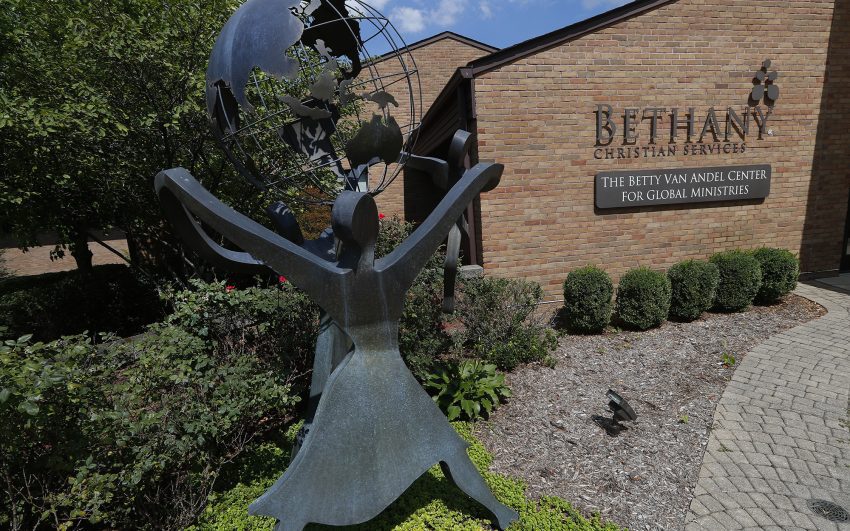
Bethany Christian Services
v.
Corbin
add content here
Case Status: Active
Center Role: Counsel
Deciding Court: Western District of Michigan
State/District: Michigan

Fellowship of Christian Athletes
v.
San Jose Unified School District
High school students in the San Jose Unified School District have met for years as student chapters of the Fellowship of Christian Athletes (FCA). After a teacher and several students within the district expressed disapproval of FCA, district officials withdrew recognition of the student FCA groups. Furthermore, the district has allowed, and in some cases facilitated, a campaign of harassment against FCA students by allowing students and faculty to gather immediately outside of FCA meetings to malign students’ religious beliefs.
Case Status: Win
Center Role: Counsel
Deciding Court: U.S. Court of Appeals for the Ninth Circuit
State/District: California
Debra A. Vitagliano
v.
County of Westchester
Debra Vitagliano has been trained to be a counselor to abortion-vulnerable women and wishes to put that training to good use. Westchester County, where Debra resides, however, enacted an ordinance that bars pro-life “sidewalk counselors” from talking with women and offering them alternatives to abortion within 100 feet of an abortion center, including public sidewalks.
Case Status: Active
Center Role: Amicus
Deciding Court: U.S. Supreme Court
State/District: New York Case

Apache Stronghold
v.
United States
Oak Flat is a sacred site in Arizona’s Tonto National Forest where Native Americans have long gone to worship, pray, and conduct religious ceremonies. In 2014, a rider was attached to a must-pass defense bill directing the government to transfer the land to Resolution Copper, a foreign-owned mining company, which plans to construct a mine that will obliterate the sacred site in a nearly 2-mile-wide, 1,100-foot-deep crater.
Case Status: Active
Center Role: Amicus
Deciding Court: Ninth Circuit Court of Appeals
State/District: Arizona

303 Creative
v.
Elenis
Lorie Smith specializes in graphic and website design and visually conveys messages in every site she creates. She was excited to expand her portfolio to create websites that celebrate marriage between a man and a woman, but Colorado made clear she is not welcome in that space.
Case Status: Success
Center Role: Amicus
Deciding Court: U.S. Supreme Court
State/District: Colorado

Groff
v.
Dejoy
Gerald Groff sued the U.S. Postal Service when it failed to accommodate his religious practice in accordance with Title VII, which protects all Americans’ right to live and work according to their religious beliefs.
Case Status: Success
Center Role: Amicus
Deciding Court: U.S. Supreme Court

Billard
v.
Charlotte Catholic High School
Charlotte Catholic High School removed Lonnie Billard from the substitute teacher list after he posted publicly that he was marrying his same-sex partner and also criticized Catholic teaching. After he was removed from the substitute list, Billard sued under Title VII, alleging sex discrimination by the school.
Case Status: Active
Center Role: Amicus
Deciding Court: U.S. Court of Appeals for the Fourth Circuit
State/District: North Carolina
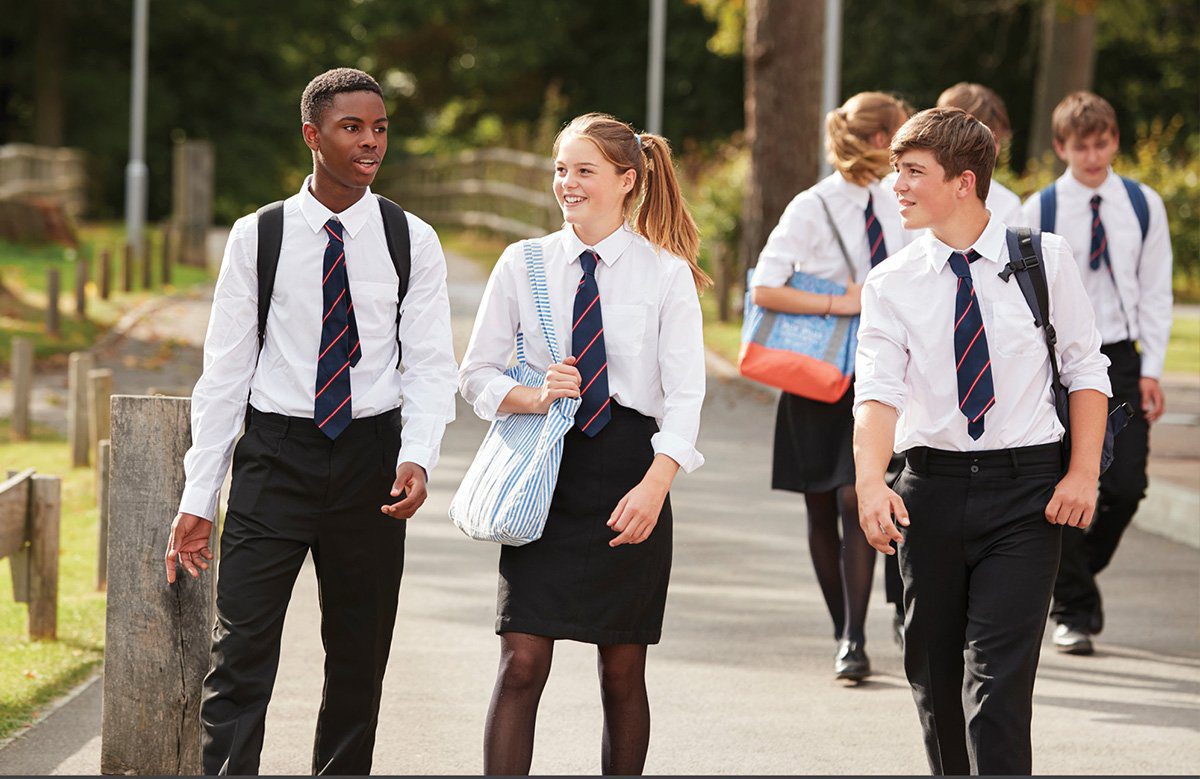
Carson
v.
Makin
Maine pays students’ tuition to attend a different high school – public or private – if students live in a school district that lacks a high school, as is sometimes the case in rural Maine. Maine will not, however, pay tuition if students choose a “sectarian” school.
Case Status: Success
Center Role: Amicus
Deciding Court: U.S. Supreme Court
State/District: Maine
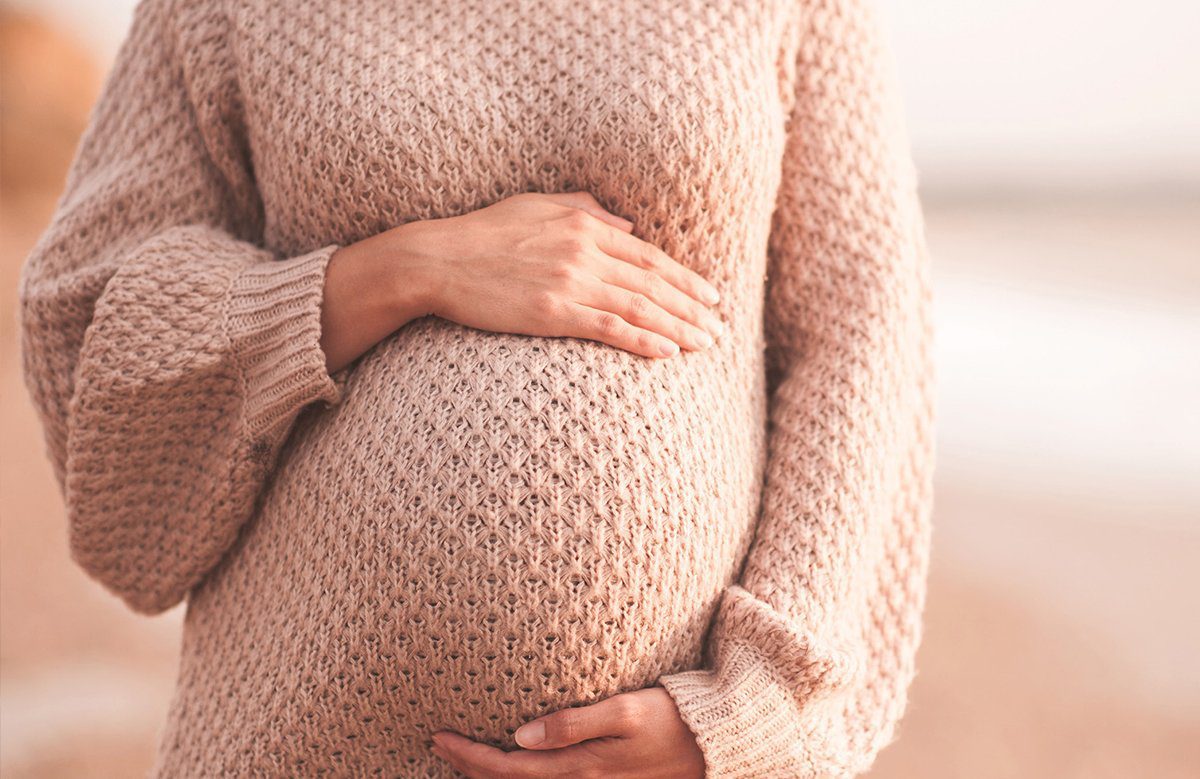
Dobbs
v.
Jackson Women’s Health
Mississippi’s Gestational Age Act prohibits abortions after 15 weeks except in certain medical emergencies or severe fetal abnormalities. Jackson Women’s Health challenged the Act’s constitutionality. The district court and later the Fifth Circuit agreed with the clinic and enjoined Mississippi from enforcing the Act. At issue is whether Mississippi’s ban on elective abortions after 15 weeks of pregnancy is constitutional. The petitioner argues that the Court should overturn the precedent establishing a constitutional right to pre-viability abortions or, in the alternative, reject viability as a measuring tool. Respondent contends that the Court should uphold the constitutional right to abortion because there is no compelling reason to overrule the previous abortion precedents finding such a right.
Case Status: Success
Center Role: Amicus
Deciding Court: U.S. Supreme Court
State/District: Indiana

Kennedy
v.
Bremerton School District
The Bremerton School District in Washington State suspended Joe Kennedy, a high school football coach at Bremerton High School, for engaging in a short, personal prayer at the end of games.
Case Status: Success
Center Role: Amicus
Deciding Court: U.S. Supreme Court
State/District: Washington

Klein
v.
Oregon Bureau of Labor and Industries
Bakery owners Aaron and Melissa Klein declined a request to create a custom cake for a same-sex wedding, citing that designing and crafting such a cake would force them to convey a message that conflicts with their religious beliefs. As a result, the State of Oregon punished them with a $135,000 penalty and a gag order.
Case Status: Vacated and Remanded
Center Role: Amicus
Deciding Court: U.S. Supreme Court
State/District: Oregon

Perlot
v.
Green
Three members of the Christian Legal Society chapter and a professor at the University of Idaho received no-contact orders from the university because they expressed a biblical view of marriage. The CLS students and the professor, who is the chapter’s faculty advisor, filed suit against officials at the University of Idaho for violating their First Amendment rights.
Case Status: Win
Center Role: Counsel
Deciding Court: U.S. District Court Idaho
State/District: Idaho
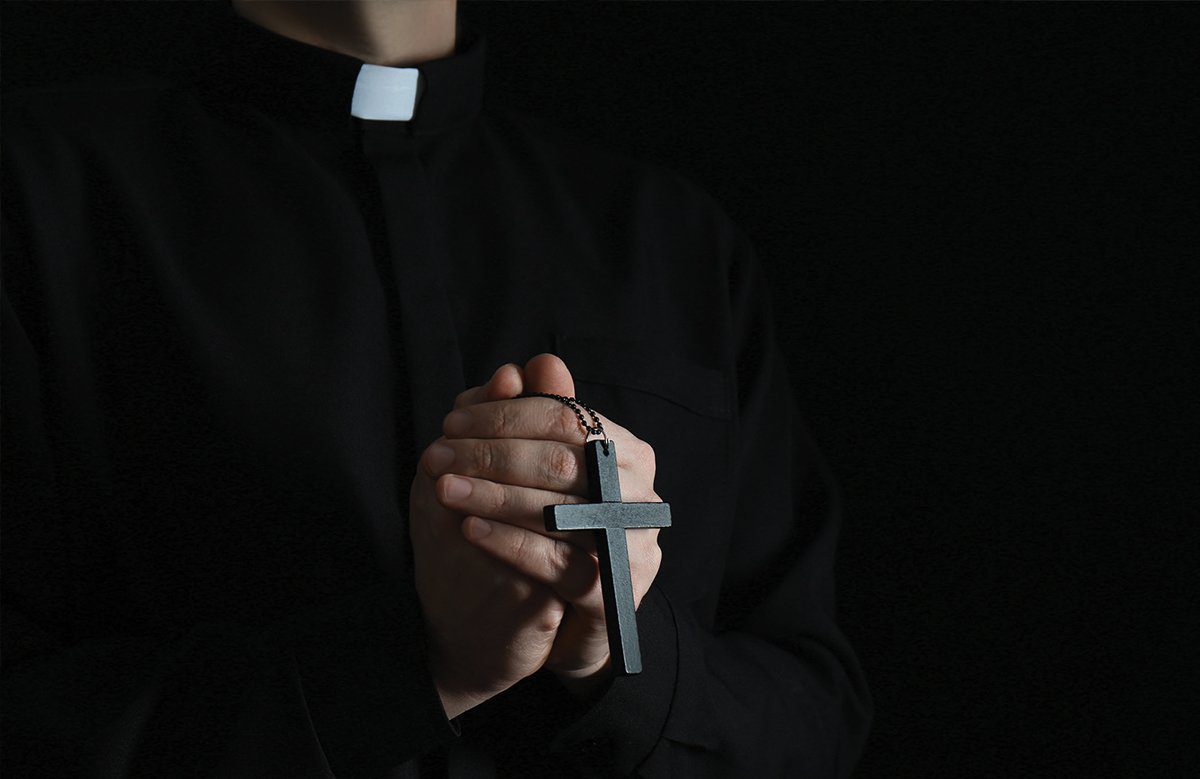
Ramirez
v.
Collier
Condemned prisoners of all faiths often request prayers in the death chamber from their clergy as a way to “get right with God” and safeguard their eternal destiny. The federal government and state governments have routinely allowed clergy to minister to the condemned in the death chamber—both by praying aloud and holding their hand.
Case Status: Success
Center Role: Amicus
Deciding Court: U.S. Supreme Court
State/District: Texas
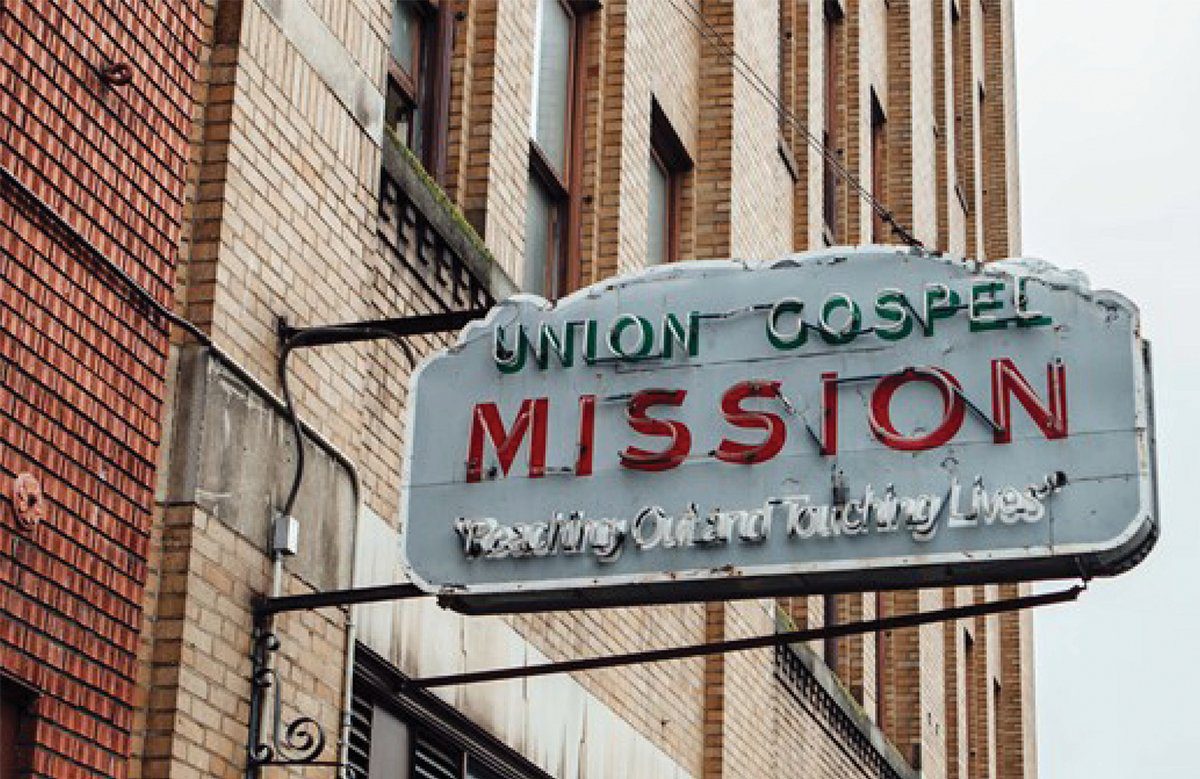
Seattle’s Union Gospel Mission
v.
Woods
Christian Legal Society (CLS) has one of the largest networks of faith-based legal aid clinics in the country, with 63 member clinics serving approximately 135 communities across the United States, including Open Door Legal Services with Seattle’s Union Gospel Mission. CLS’ Christian Legal Aid program seeks to follow the biblical call to “defend the weak and the fatherless; uphold the cause of the poor and the oppressed” (Psalms 82:3).
Case Status: Cert. Denied
Center Role: Amicus
Deciding Court: U.S. Supreme Court
State/District: Washington
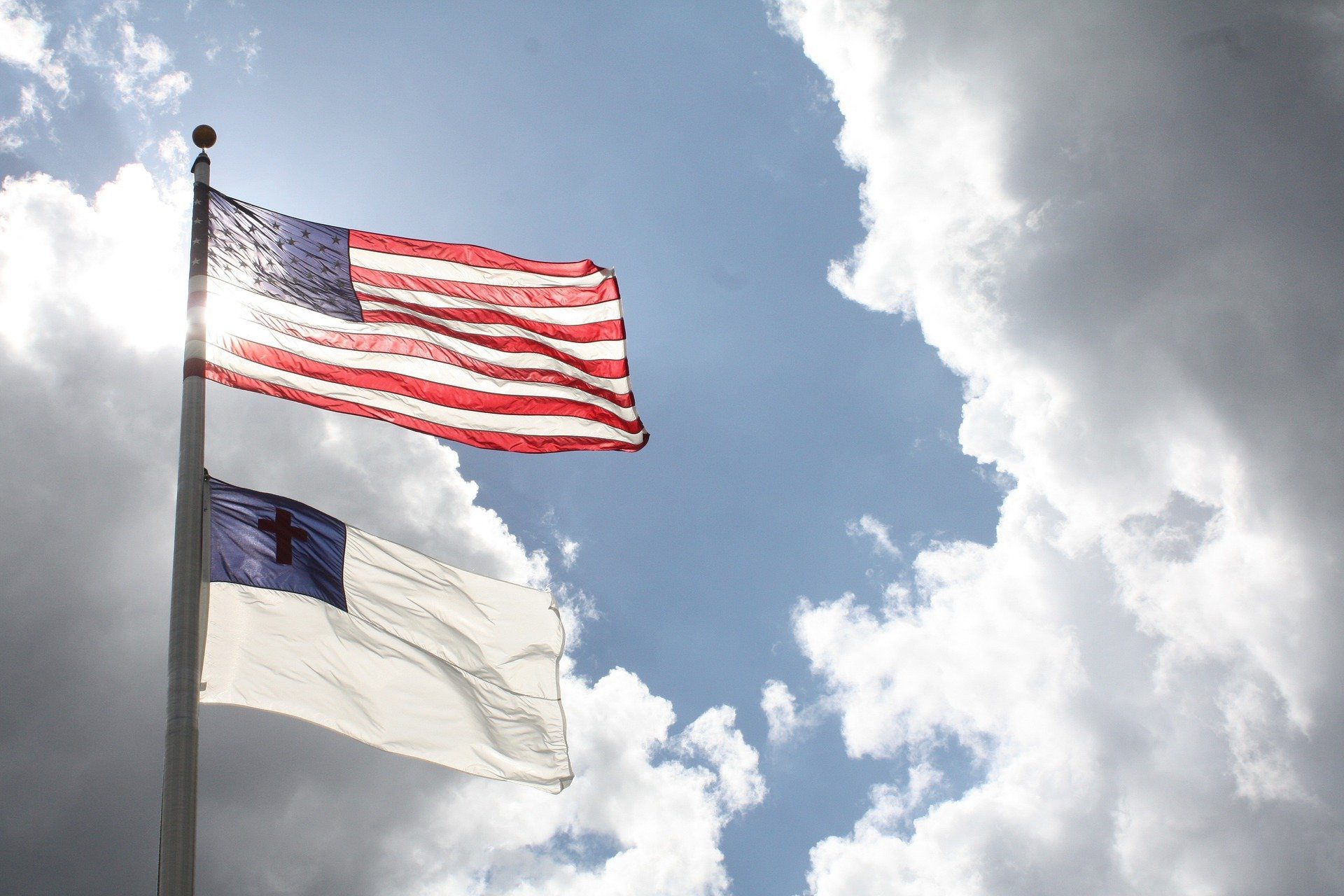
Shurtleff
v.
Boston
In 2017, Boston resident Hal Shurtleff and his Christian civic organization, Camp Constitution, asked the City of Boston for a permit to raise the Christian flag on the “public forum” Boston City Hall flagpole to commemorate Constitution Day (September 17). City officials, however, denied Camp Constitution’s application to fly the Christian flag.
Case Status: Success
Center Role: Amicus
Deciding Court: U.S. Supreme Court
State/District: Massachusetts
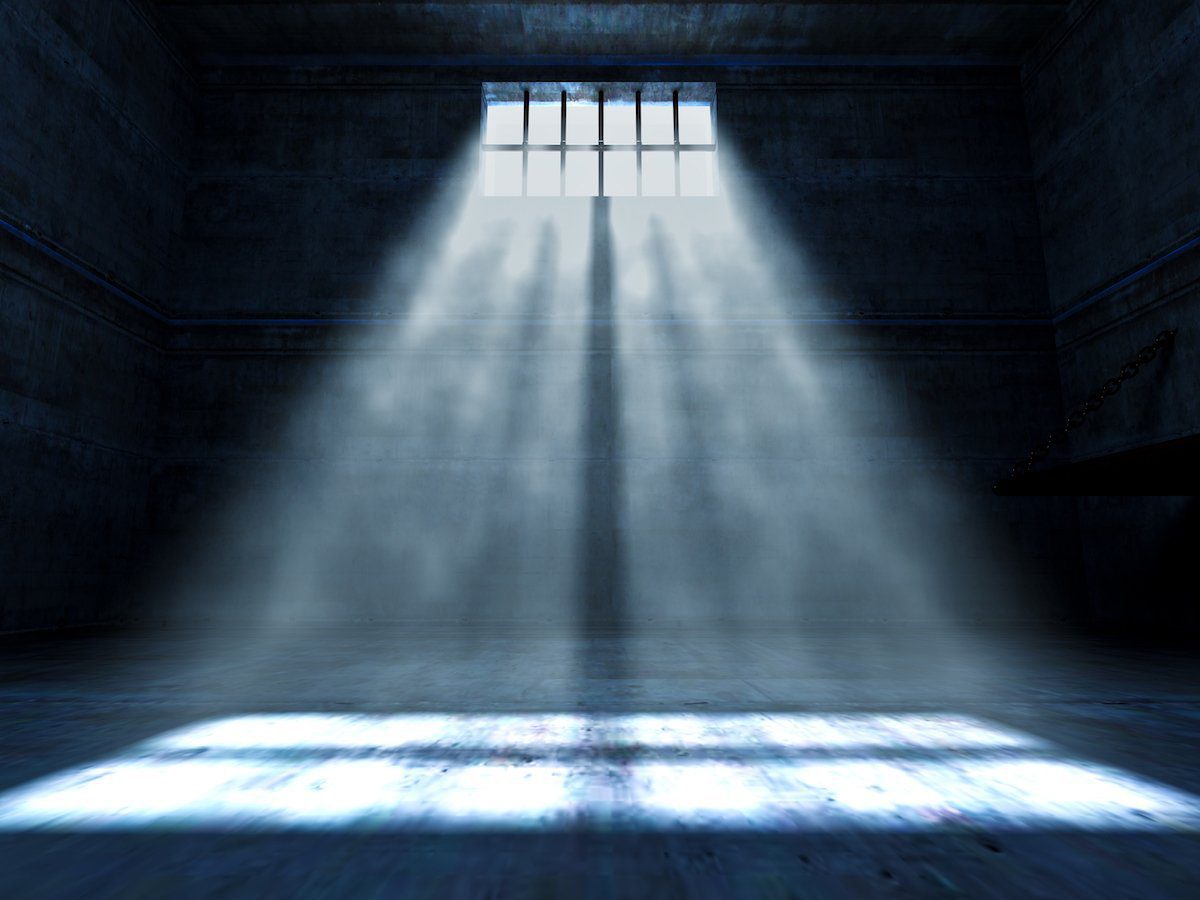
Smith
v.
Ward
Since 2012, inmate Lester Smith has been fighting for his right to wear a beard in accordance with his Muslim religious beliefs. Even though 38 states and the Bureau of Prisons allow prisoners to have untrimmed beards, the Georgia Department of Corrections and the Eleventh Circuit maintain that Smith can only grow a half-inch beard.
Case Status: Cert. Denied
Center Role: Amicus
Deciding Court: Eleventh Circuit Court of Appeals
State/District: Georgia
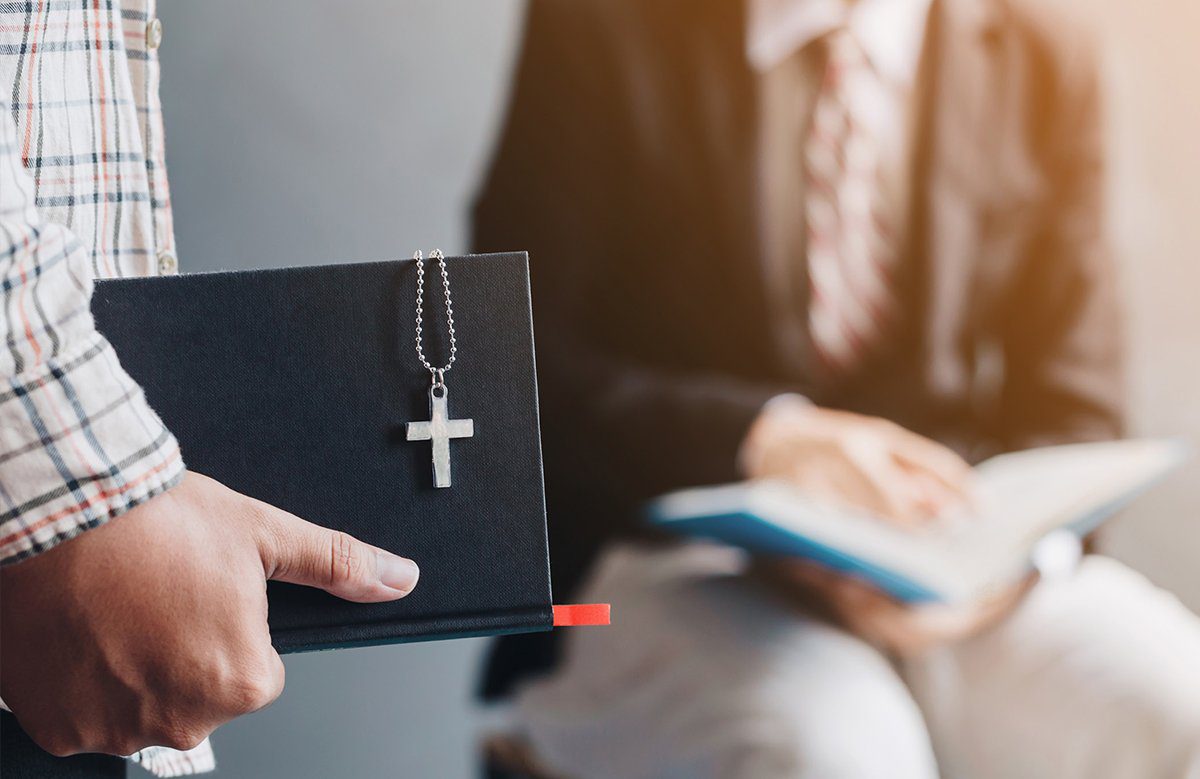
Starkey
v.
Archdiocese of Indianapolis
Lynn Starkey was co-director of guidance counseling at Roncalli High School, a Catholic school operated for religious and educational purposes by the Archdiocese of Indianapolis. To accomplish its religious mission, Roncalli High School asks all of its administrators, teachers, and guidance counselors to sign a contract agreeing to uphold Catholic Church teachings in word and deed. In August 2018, Starkey informed the school she was in a same-sex marriage, which violated both her contract and Catholic teaching. When the high school declined to renew Starkey’s contract for the following school year, Starkey sued Roncalli High School and the Archdiocese of Indianapolis alleging discrimination based on sexual orientation.
Case Status: Success
Center Role: Amicus
Deciding Court: U.S. Court of Appeals for the Seventh Circuit
State/District: Indiana

The Thai Meditation Association
v.
City of Mobile
In this case, involving a Thai Buddhist meditation center, the District Court applied a substantial burden analysis that was unduly restrictive and which, if adopted by the Eleventh Circuit and other courts, would seriously undermine the force of one of the key provisions of the Religious Land Use and Institutionalized Persons Act (RLUIPA).
Case Status: Active
Center Role: Amicus
Deciding Court: Eleventh Circuit Court of Appeals
State/District: Alabama

Trustees of New Life in Christ Church
v.
City of Fredericksburg
Government officials should never be allowed to overrule a church on the interpretation of its religious doctrine; however, when New Life in Christ Church (“NLICC”), in Fredericksburg, Virginia, applied for a parsonage tax exemption for the home of its directors of college outreach, the City of Fredericksburg denied the exemption. When NLICC challenged the denial, the City argued that the denial was proper because, despite their role in representing the church to the college student community, the directors are not “ministers” pursuant to the Presbyterian Book of Church Order. The court agreed and denied the exemption. Christian Legal Society represents NLICC in its appeal to the Supreme Court of Virginia.
Case Status: Cert. Denied
Center Role: Amicus
Deciding Court: U.S. Supreme Court
State/District: Virginia
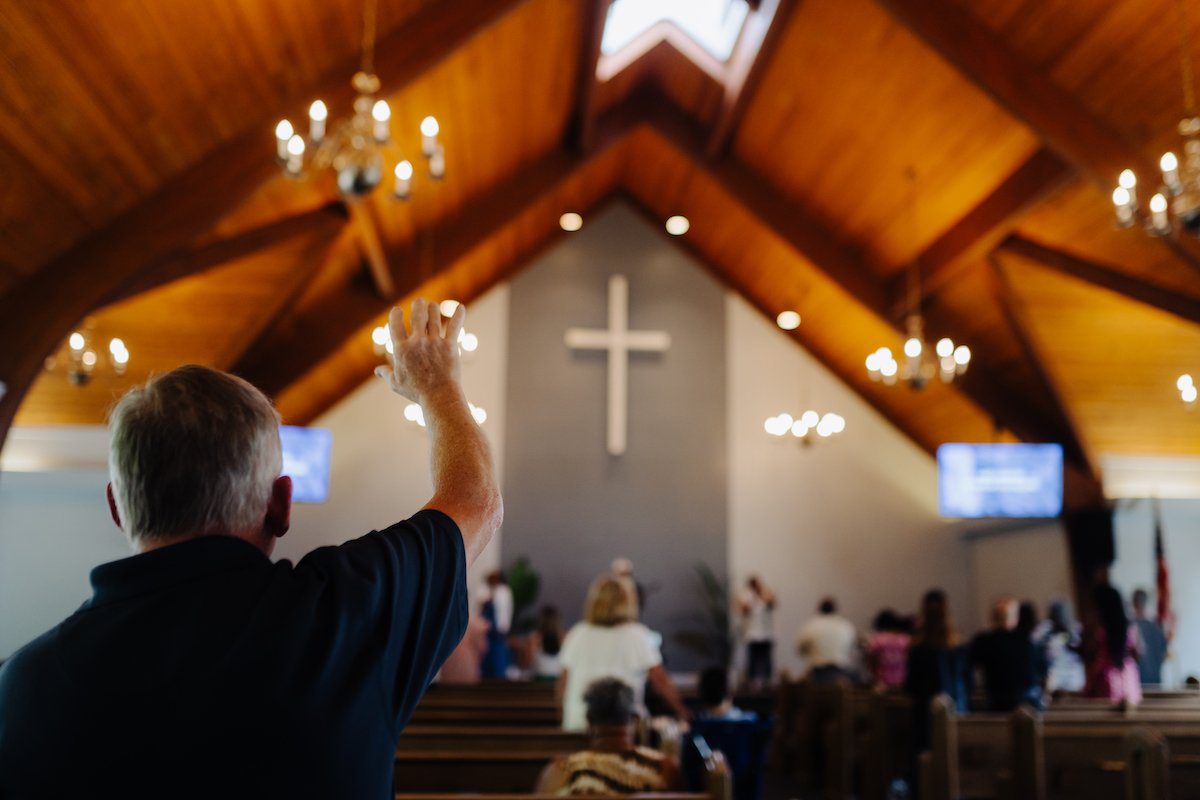
Tucker
v.
Faith Bible Chapel
A former school chaplain sued a Denver-area religious school under Title VII after he was terminated over a dispute about how he led a chapel service.
Case Status: Cert. Denied
Center Role: Amicus
Deciding Court: U.S. Supreme Court
State/District: Colorado

Young Israel
v.
Hillsborough Regional Transit Authority
Young Israel of Tampa is an Orthodox Jewish synagogue. Young Israel submitted an ad to the Hillsborough Area Regional Transit Authority (HART) seeking to advertise its annual celebration of Chanukah. HART rejected the ad because it was religious, and HART has a policy banning all ads that promote alcohol, tobacco, illegal drugs, obscenity, nudity, pornography, politics, and religion.
Case Status: Active
Center Role: Amicus
Deciding Court: U.S. Court of Appeals for the Eleventh Circuit
State/District: Florida

Demkovich
v.
St. Andrew the Apostle Parish
The Supreme Court has twice held that the First Amendment guarantees religious organizations near plenary authority when making employment decisions for those persons responsible for the spiritual health and growth of their constituents. When a Catholic priest criticized the church’s music director for sexual behavior contrary to church doctrine, the music director brought a hostile work environment claim. The Seventh Circuit held that the Church’s authority over its religious leaders only covers hiring and firing decisions, but does not extend to discipline or criticism.
Case Status: Success
Center Role: Amicus
Deciding Court: U.S. Court of Appeals for the Seventh Circuit
State/District: Illinois

Fulton
v.
City of Philadelphia
The Catholic Church has provided fostering services to the City of Philadelphia for over 200 years. After a local newspaper reported that Catholic Social Services (CSS) would not screen same-sex married couples for potential foster placement because of their religious beliefs, the City refused to contract with CSS for foster services, despite the fact that no same-sex couples had ever applied for screening with CSS. The Supreme Court is reviewing the case to determine whether the City of Philadelphia’s refusal to contract with CSS violates CSS’s constitutional rights.
Case Status: Success
Center Role: Amicus
Deciding Court: U.S. Supreme Court
State/District: Pennsylvania
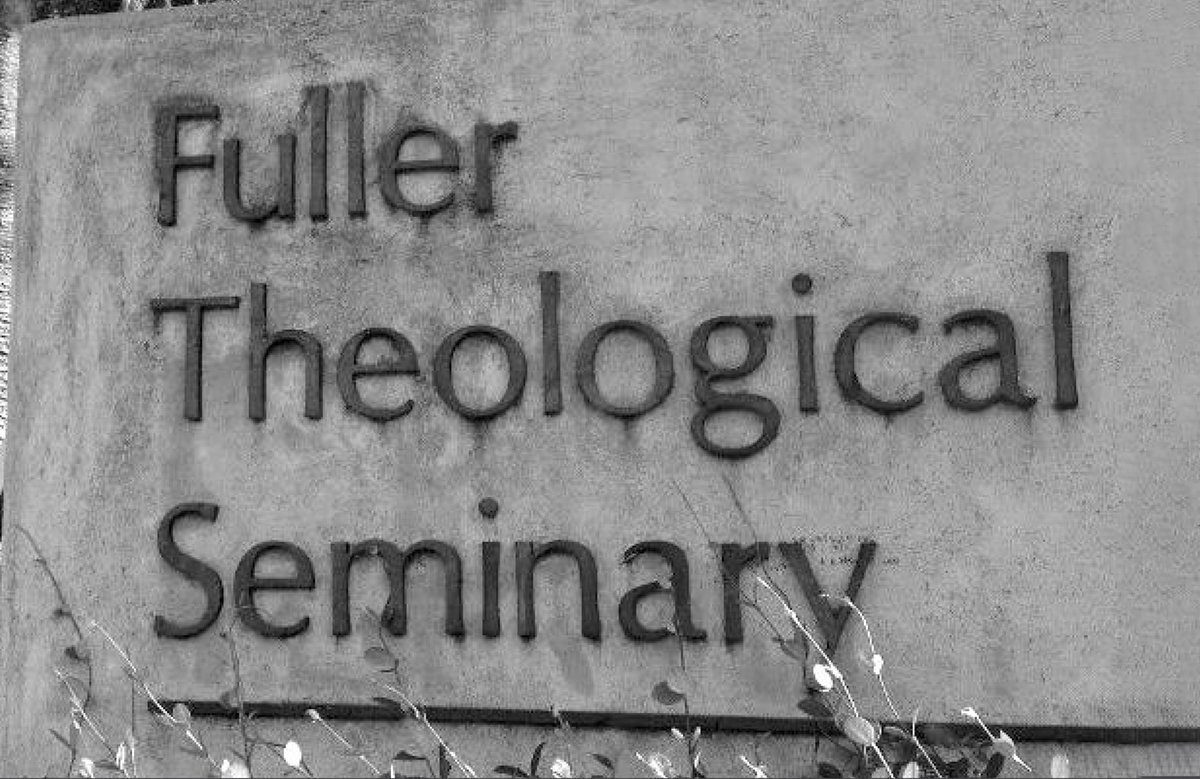
Maxon
v.
Fuller Theological Seminary
Fuller Theological Seminary is a multi-denominational seminary committed to training global Christian leaders so they may reach their religious callings in Christian ministries. At the beginning of the admissions process, all students agree to follow the school’s community standards, which include the traditional Christian belief that marriage is between a man and a woman. In 2016, two individuals sued Fuller because the school had dismissed them from the seminary for knowingly violating the community standards by entering into same-sex marriages.
Case Status: Success
Center Role: Amicus
Deciding Court: U.S. Court of Appeals for the Ninth Circuit
State/District: California

Uzuegbunam
v.
Preczewski
Georgia Gwinnett College (“GCC”) twice required Chike Uzuegbunam to stop evangelizing on campus – once while distributing religious pamphlets, because he was not in the “free speech zones” that comprised .0015% of the campus area, and again after he received a permit to speak in the free speech zones, because certain people complained about his evangelistic message. GCC threatened to charge Uzuegbunam with disorderly conduct as a result of the complaints. After Uzuegbunam filed suit, GCC changed its policies, and both the district court and Eleventh Circuit declared that GCC’s change in policy ended the case. Although Uzuegbunam had asked for nominal damages for GCC’s violations of his constitutional rights, the Eleventh Circuit Court of Appeals held that the award of nominal damages would have no practical effect and, therefore, no judicial relief was available. Uzuegbunam appealed to the U.S. Supreme Court.
Case Status: Success
Center Role: Amicus
Deciding Court: U.S. Supreme Court
State/District: Georgia

Bostock
v.
Clayton County
On June 15, 2020, the United States Supreme Court issued its decision in the trio of Title VII cases (Bostock, Harris Funeral Homes, and Zarda).
Case Status: Loss
Center Role: Amicus
Deciding Court: US Supreme Court
State/District: New York
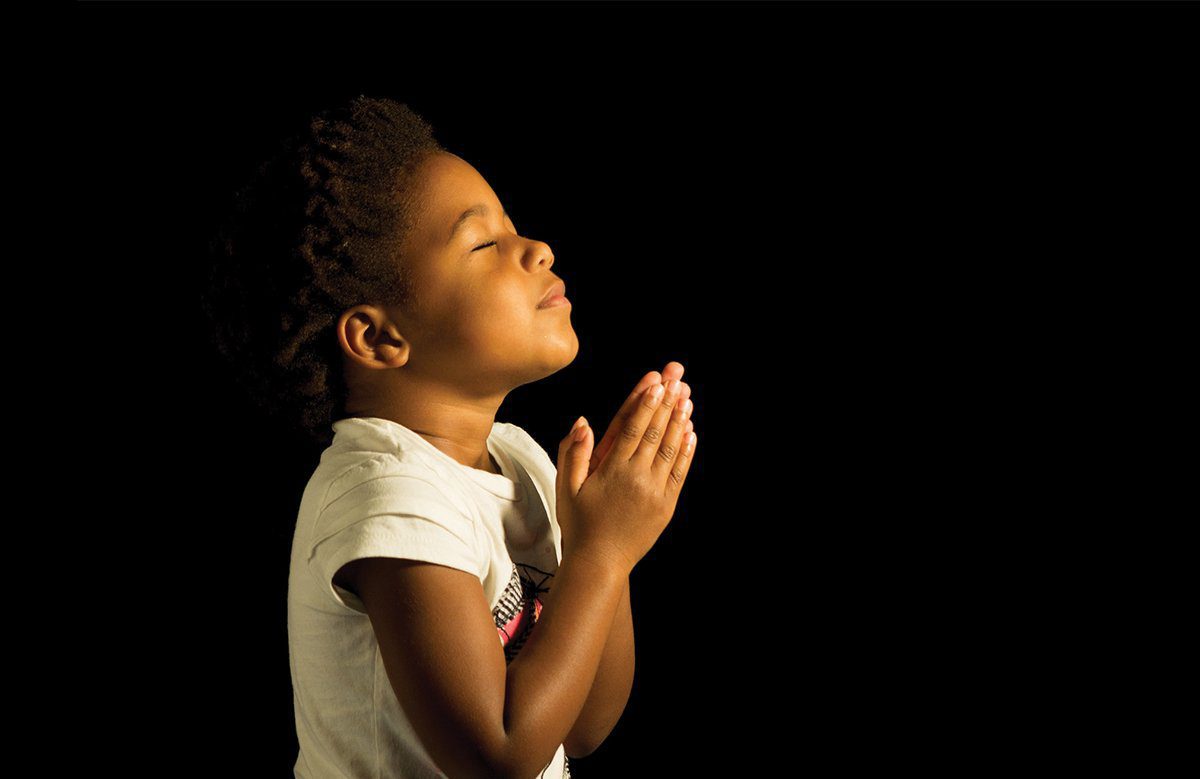
Child Evangelism Fellowship of Maryland and Anne Arundel County
In 2019, Anne Arundel County informed Maryland CEF that its continued access to public school facilities would require payment of exorbitant fees. On January 22, CLS sent a letter to AACPS and Anne Arundel Recreation and Parks informing them that providing access to religious organizations on less favorable terms than similarly situated organizations violates the First Amendment to the U.S. Constitution. Within days of the letter, Maryland CEF regained access to one school in Anne Arundel County. CLS continues to push for full restoration for Maryland CEF
Case Status: Success
Center Role: Counsel
Deciding Court: N/A
State/District: Maryland
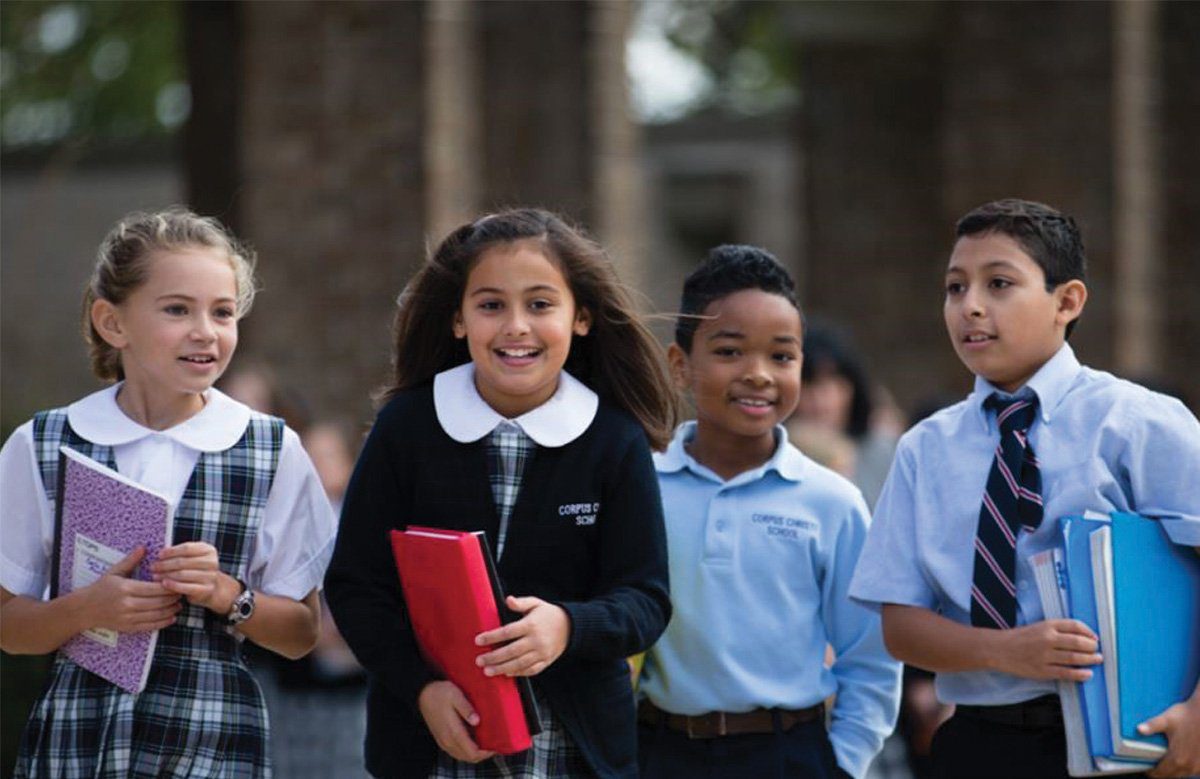
Espinoza
v.
Montana
The Montana Supreme Court struck down a state program awarding a tax credit for donations to organizations that provide scholarships for private school students. The court relied on the state constitution’s Blaine Amendment, which prohibits direct or indirect aid to religious schools, and held that because there was a possibility religious schools would benefit, the entire tax credit must be struck. Families of students who attended private religious schools appealed to the U.S. Supreme Court arguing that the Montana Supreme Court’s termination of the scholarship program unconstitutionally targeted religious families and violated the Free Exercise Clause.
Case Status: Success
Center Role: Amicus
Deciding Court: U.S. Supreme Court
State/District: Montana

June Medical Services
v.
Russo
With bipartisan support, the State of Louisiana passed HB 60, a law requiring doctors performing abortions to meet the requirements of other surgical centers, including that doctors have admitting privileges in a hospital within 30 miles of where the procedure is performed. Abortion clinics sued the state, arguing that requiring doctors to have admitting privileges creates an undue burden to women seeking abortions. In a friend of the court brief, CLS argued that the proper question is whether a sufficient number of doctors in Louisiana qualify to perform abortions, not whether the specific doctors who were previously performing abortions qualify. CLS showed that hundreds of doctors meet the law’s requirements, far more than the six needed to meet the state’s demand. CLS pointed out that the private choice of those doctors to perform or not perform abortions is not a proper consideration on whether the law limits a woman’s access to abortion.
Case Status: Success
Center Role: Amicus
Deciding Court: U.S. Supreme Court
State/District: Louisiana
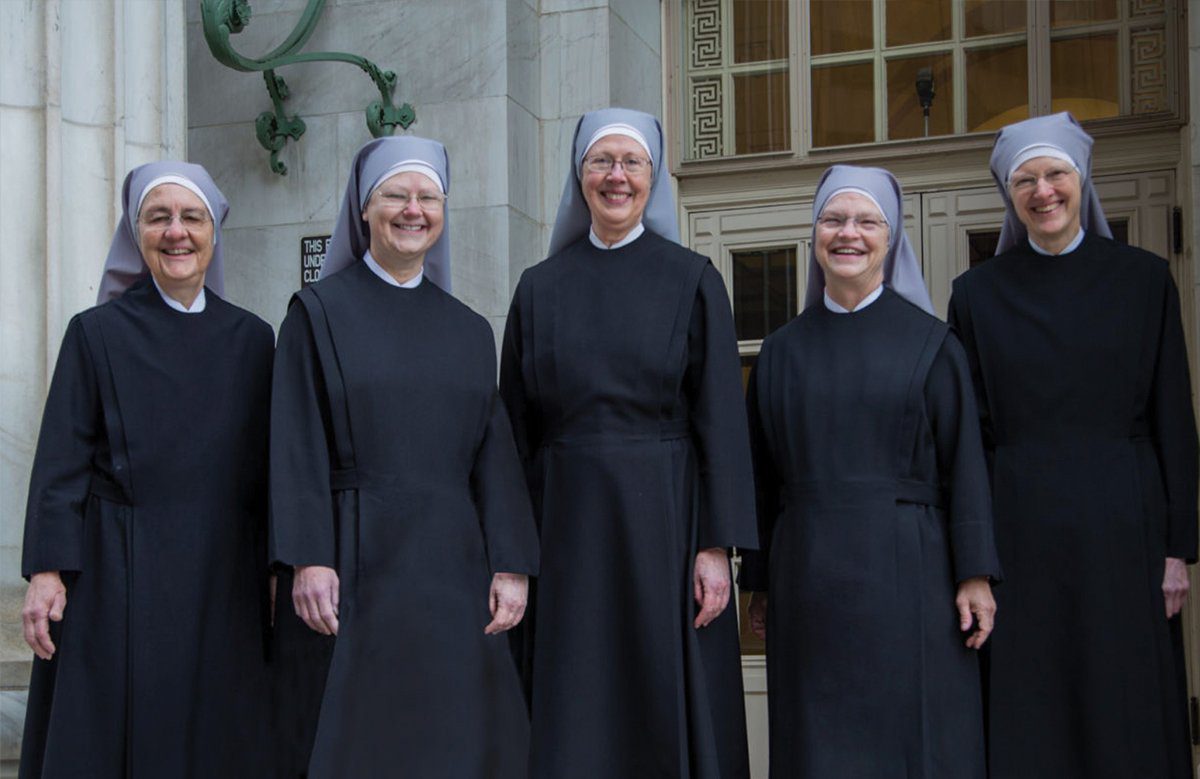
The Little Sisters of the Poor and Their Third Journey to the Supreme Court
The Little Sisters of the Poor, a Catholic religious order, has returned to the United States Supreme Court for the third time in eight years in order to protect their basic right to live according to their religious beliefs. Since 2012, the Center for Law and Religious Freedom has filed 5 amicus briefs in support of the Little Sisters’ religious freedom, including an amicus brief in their appeal that is scheduled to be heard by the Supreme Court on May 6, 2020. What principle is the Center fighting for? The government cannot force religious individuals or organizations to violate their religious consciences because government officials think their religious beliefs are unreasonable.
Case Status: Success
Center Role: Counsel
Deciding Court: N/A
State/District: Nationwide

Lisa Nelthropp Prevails after Unlawful Firing for her Faith
Lisa Nelthropp came to the Center for Law & Religious Freedom after she was fired from her job assisting the disabled for “bringing her personal religious beliefs into the workplace.” The Center, in conjunction with the Whiting Law Firm, filed an employment discrimination complaint with the Maine Human Rights Commission and the U.S. Equal Employment Opportunity Commission.
Case Status: Win
Center Role: Counsel
Deciding Court: N/A
State/District: Maine

A Community Evangelizing Win for Mary Mason
Mary Mason was doing religious outreach with her daughter in downtown Murphy, North Carolina, when police asked her if she had a permit. After the mayor denied her application for a permit, she reached out to Christian Legal Society (CLS). CLS provided Ms. Mason with a letter, which she presented to the Town Council, explaining that the First Amendment prohibits cities to require a permit for groups of two or three. The Council then indicated agreement Ms. Mason should not be subject to the permitting requirement. Nonetheless, the Murphy Chief of Police has since threatened Ms. Mason with arrest if she continues to do religious outreach without a permit.
Case Status: Win
Center Role: Counsel
Deciding Court: N/A
State/District: North Carolina

Our Lady of Guadalupe School
v.
Morrissey-Berru
Christian Legal Society (CLS) filed an amicus brief supporting the right of two Catholic schools in California to determine the best candidates to pass the schools’ religious values on to the next generation. CLS is asking the U.S. Supreme Court to overturn the decision of the Ninth Circuit Court of Appeals, which held that two teachers who had important religious functions, including creating religiously oriented curricula and leading class prayers, were not ministers because they lacked what the court considered to be appropriate credentials, training, and titles. The Ninth Circuit, breaking from every other circuit to have considered the issue, held that religious function was not sufficient to deem someone a minister and, therefore, government interference with employment decisions was appropriate.
Case Status: Success
Center Role: Amicus
Deciding Court: U.S. Supreme Court
State/District: Multiple
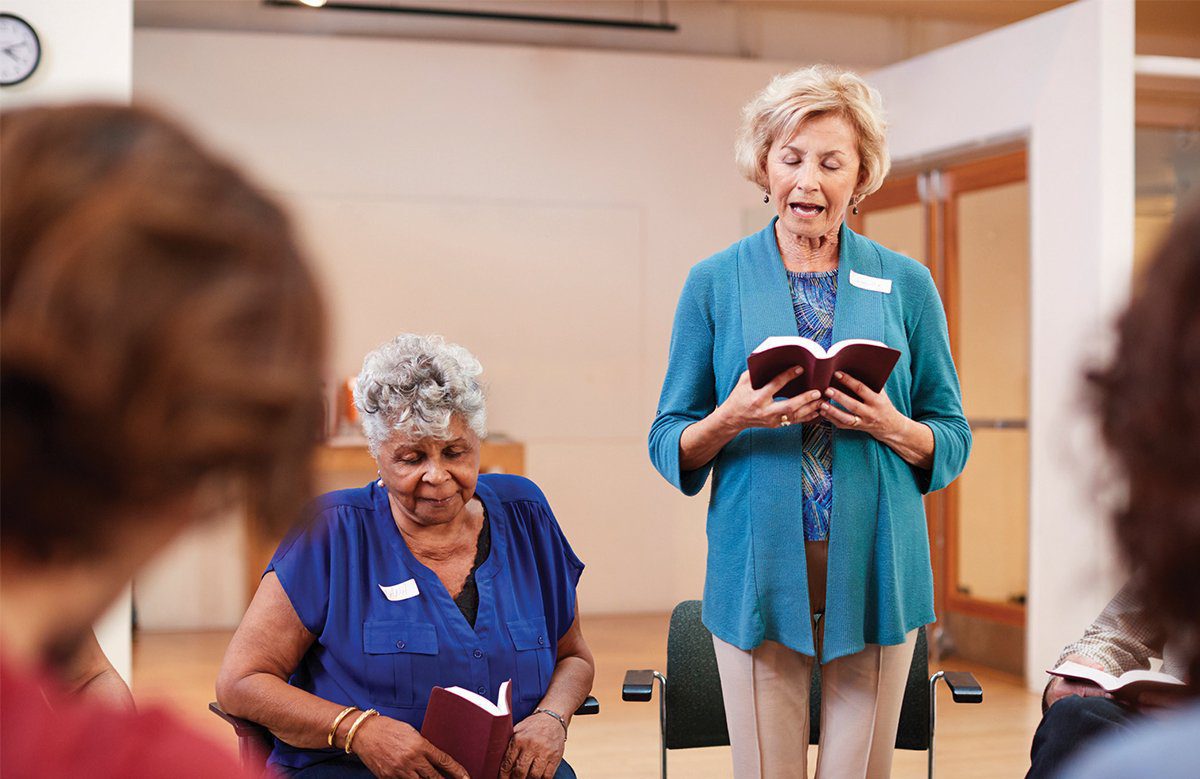
Holiday City Bible Study Returns after HOA Fight
A new HOA Board told residents of the Holiday City retirement community in Toms River, New Jersey, that they could no longer use their community clubhouse for a Bible study. When the Bible study tried to meet the following week, the HOA President called the police to have them arrested. Christian Legal Society intervened on behalf of the residents to protect them from religious discrimination under the Fair Housing Act. Shortly after CLS sent a letter to the HOA on behalf of the Bible study, the HOA voted to restore the Bible Study’s clubhouse access.
Case Status: Win
Center Role: Counsel
Deciding Court: N/A
State/District: New Jersey

Sigma Alpha Omega Re-Recognized by University
Sigma Alpha Omega (SAO), a Christian sorority, was derecognized by a public university after not including a nondiscrimination clause in their organization charter. In correspondence regarding the derecognition, a university employee told the sorority that she did not understand why an organization would limit itself to Christian women. With less than a week before the student organization fair, SAO reached out to Christian Legal Society, who helped them overcome the obstacles that led to the derecognition. With the help of CLS, SAO’s recognition was reinstated immediately, allowing the chapter to participate in the student organization fair.
Case Status: Win
Center Role: Counsel
Deciding Court: N/A
State/District: Georgia

Masterpiece Cakeshop
v.
Colorado Human Rights Commission
In Masterpiece Cakeshop v. Colorado Civil Rights Commission, Jack Phillips is a Christian cake artist who owns Masterpiece Cakeshop outside Denver, Colorado. In 2012, a same-sex couple asked Jack to bake a cake for their wedding celebration. Phillips regularly serves LGBT customers but could not help celebrate a wedding that violated his religious beliefs. In the past, Jack had refused to create cakes for other events that violated his religious conscience, including celebrations of divorce.
Case Status: Success
Center Role: Amicus
Deciding Court: U.S. Supreme Court
State/District: Colorado
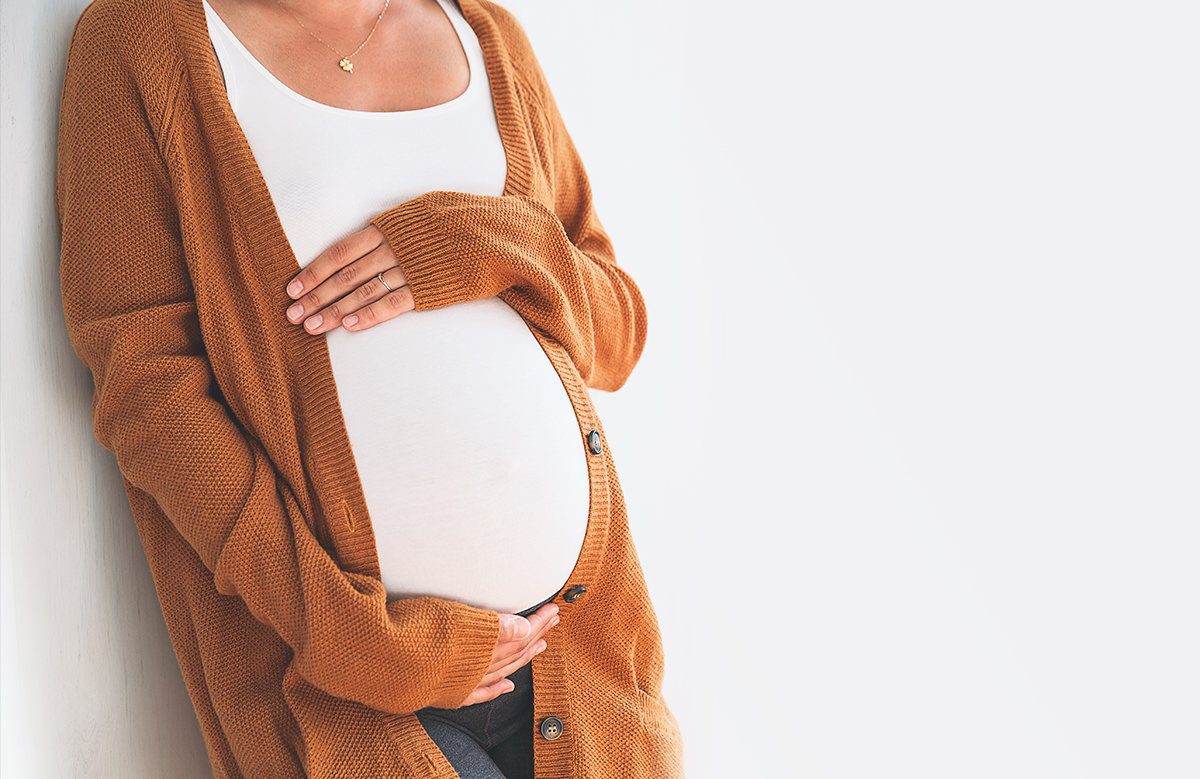
Greater Baltimore Center for Pregnancy Concerns
v.
Mayor and City Council of Baltimore
The City of Baltimore mandates a disclaimer within the waiting room of a “limited-service pregnancy center,” stating that the center “does not provide or make referral for abortion or birth-control services.” The Center filed an amicus brief in the Fourth Circuit in support of the Greater Baltimore Center for Pregnancy Concerns’ freedom of speech not to be compelled to speak about abortion and birth control, in terms dictated by the government, in the waiting area where it provides religiously motivated counseling and other assistance to pregnant women.
Case Status: Success
Center Role: Amicus
Deciding Court: U.S. Court of Appeals Fourth Circuit
State/District: Maryland
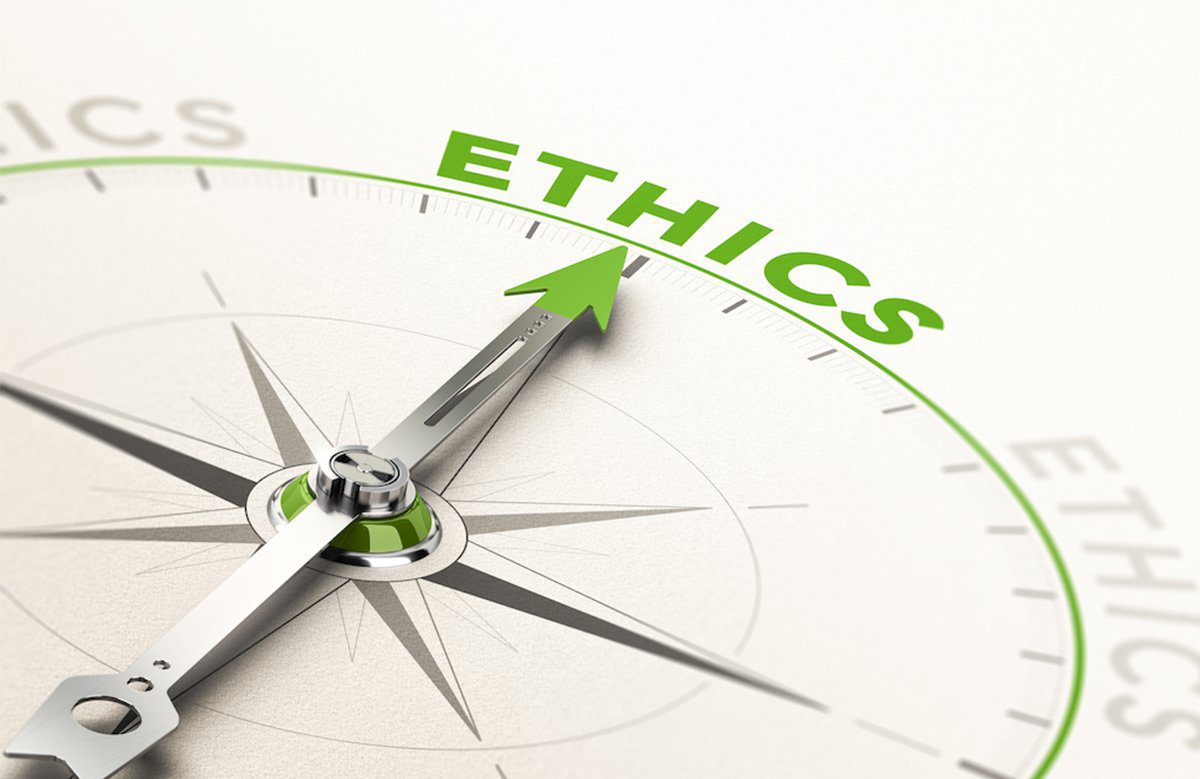
Judge Neely
v.
Wyoming Judicial Conduct & Ethics Commission
In August 2017, the Center filed an amicus brief urging the United States Supreme Court to hear the appeal of Judge Ruth Neely, who was censured by the Wyoming Supreme Court because her religious beliefs do not allow her to perform same-sex wedding ceremonies. With its ruling, the Wyoming Supreme Court effectively creates a religious test for persons seeking to hold the office of magistrate. Its ruling sends a chilling message to attorneys and law students that they should not aspire to hold judicial office if their religious conscience prohibits them from performing a same-sex wedding ceremony.
Case Status: Cert. Denied
Center Role: Amicus
Deciding Court: U.S. Supreme Court
State/District: Wyoming
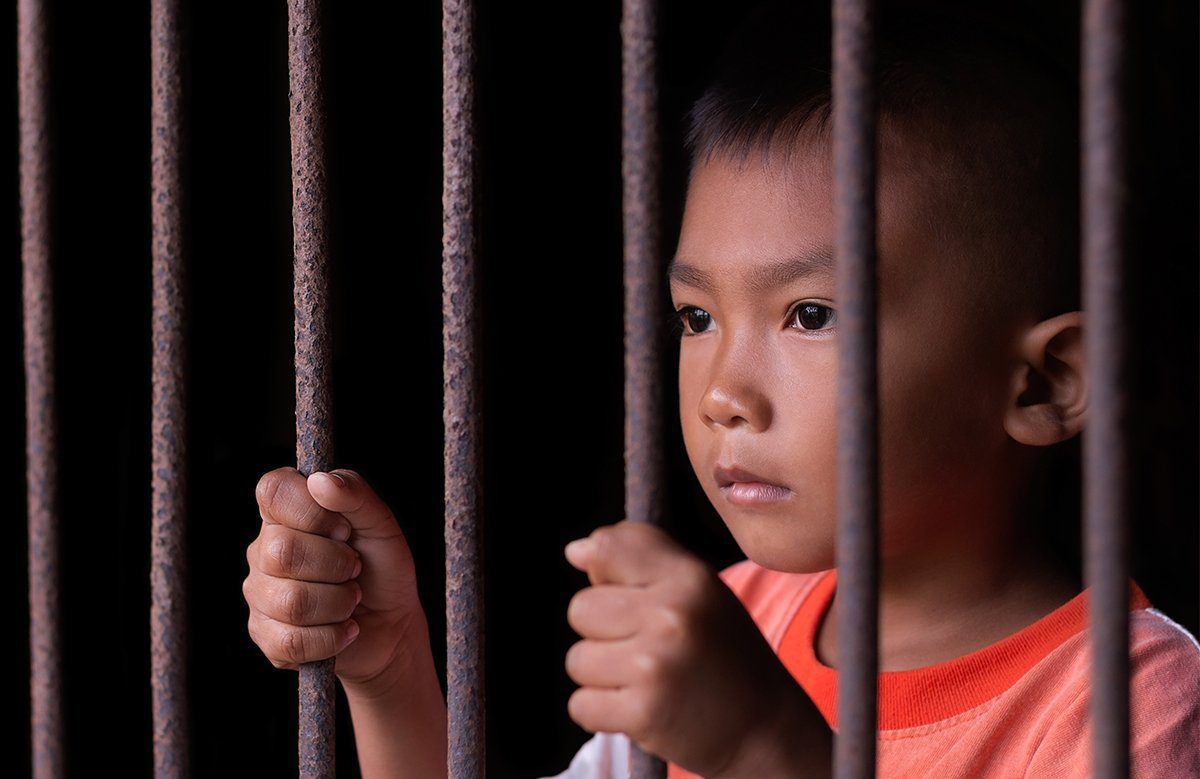
Xue
v.
Sessions
Ting Xue, a native and citizen of China, arrived in the United States after fleeing from government persecution for practicing his Christian faith in China. He applied for asylum but was denied. He has petitioned the Supreme Court to remain in the United States. The Center filed an amicus brief in support of his petition, arguing that the court below was wrong to rule that, although he had previously been jailed for worshipping at a house church not approved by the Chinese government, Xue did not have a reasonable fear of religious persecution if he were forced to return to China.
Case Status: Petition Dismissed
Center Role: Amicus
Deciding Court: U.S. Supreme Court
State/District: Colorado














































